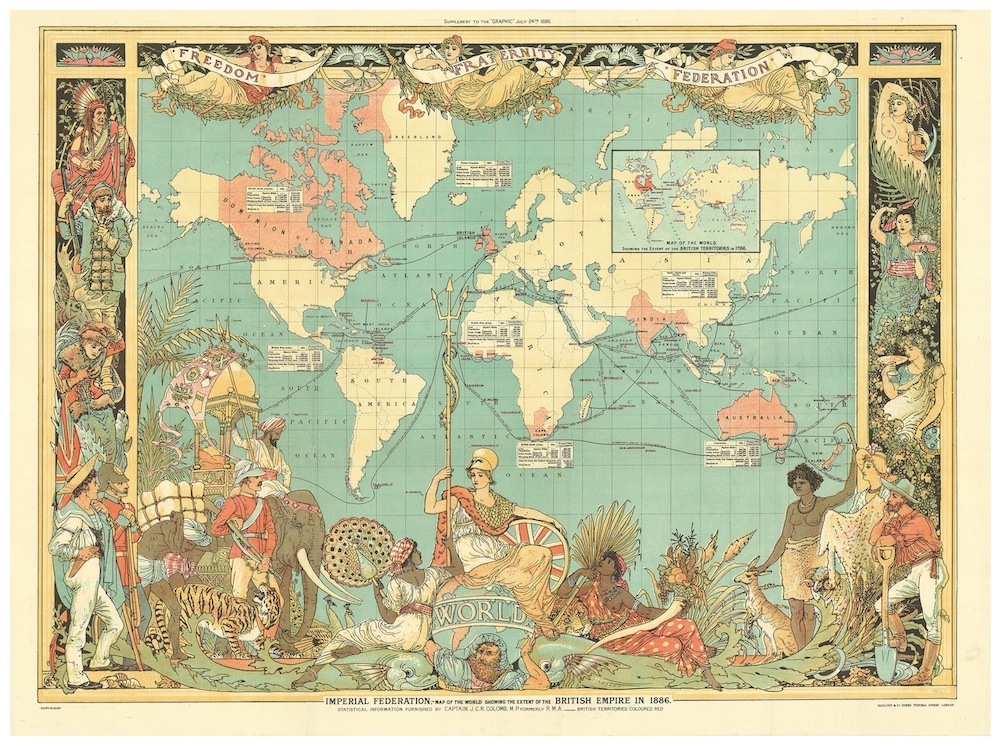 A conference on nineteenth-century literature, art, and history to be held at the Hebrew University of Jerusalem and the University of Haifa, co-sponsored by the University of California Dickens Project.
A conference on nineteenth-century literature, art, and history to be held at the Hebrew University of Jerusalem and the University of Haifa, co-sponsored by the University of California Dickens Project.
Nineteenth-century British culture was preoccupied with the paradigm of mapping across diverse areas of
We propose examining mapping in its various manifestations, from analyses of direct representations of maps in nineteenth-century literary texts and their cultural afterlives, through discussions of mapping as an aesthetic praxis with its own figurative imaginary. We invite explorations of the metaphorical maps that texts create by juxtaposing modern imperial tactics with artistic interests to form new intersections of literature with cartography, geography, archeology, scientific exploration, ethnicity, and the visual arts.
Topics may include:
Ordinance Survey Maps and street naming- London as the metropolis of Empire
- Narrative mapping – narrative delineations of routes and boundaries
- Mapping British Cultures
- Mapping the human landscape: ethnicities, races, classes, genders
- Mapping the senses in the modern global empire
- Mental and cognitive aspects of mapping or map reading
- Women in the Situation of Empire
- Empire at home
- Empire in theatres and opera houses
- Empire within — Psychology and Affect
- Imperialism and Evangelism
- Mapping Australasia and the antipodes
- The East and British Citizens
- Orientalisms: Enlightenment, Victorian, Self-orientalizing
- Victorian Culture and the Secularization
thesis - Victorian imperial afterlives and neo-Victorian representations
Keynote Speakers: Regenia Gagnier: “Global Circulation and the Long Nineteenth Century”; Robert L. Patten: “Mapping Dickens.”
Regenia Gagnier is Professor of English at the University of Exeter and the author of Idylls of the Marketplace: Oscar Wilde and the Victorian Public; Subjectivities: A History of Self-Representation in Britain 1832-1920; The Insatiability of Human Wants: Economics and Aesthetics in Market Society; Individualism, Decadence and Globalization: on the Relationship of Part to Whole 1859-1920; and the forthcoming Literatures of Liberalization: Global Circulation and the Long Nineteenth Century. She specializes in the global circulation and transculturation of political-economic languages, ideologies, commodities
Robert L. Patten is Lynette S. Autrey Professor Emeritus in Humanities and Emeritus Professor of English, Rice University, and Senior Research Scholar, Institute of English Studies, School of Advanced Study, University of London. He has written extensively about Victorian print history, fiction
Please address inquiries and submit a 500-word proposal and 1-page CV to the organizers: Zoe Beenstock zbeenstoc@univ.haifa.ac.il and Galia Benziman galia.benziman@mail.huji.ac.il no later than October 31, 2018.
Advisory Committee:
Eitan Bar-Yosef, Ben-Gurion University of the Negev; Murray Baumgarten, University of California Santa Cruz; Zoe Beenstock, University of Haifa; Galia Benziman, Hebrew University of Jerusalem; John Jordan, University of California Santa Cruz; Milette Shamir, Tel Aviv University; Leona Toker, Hebrew University of Jerusalem
